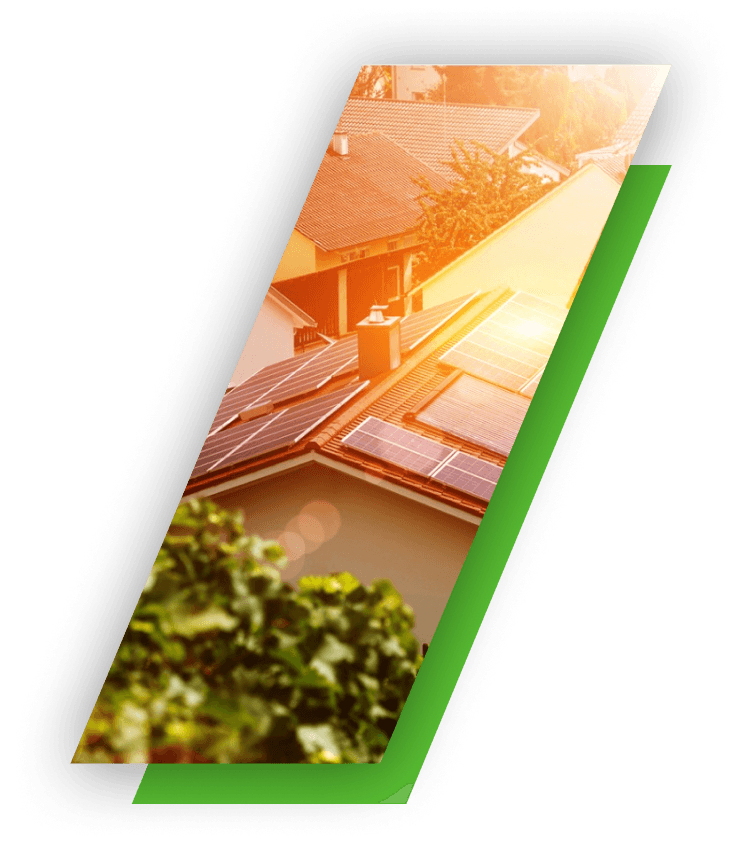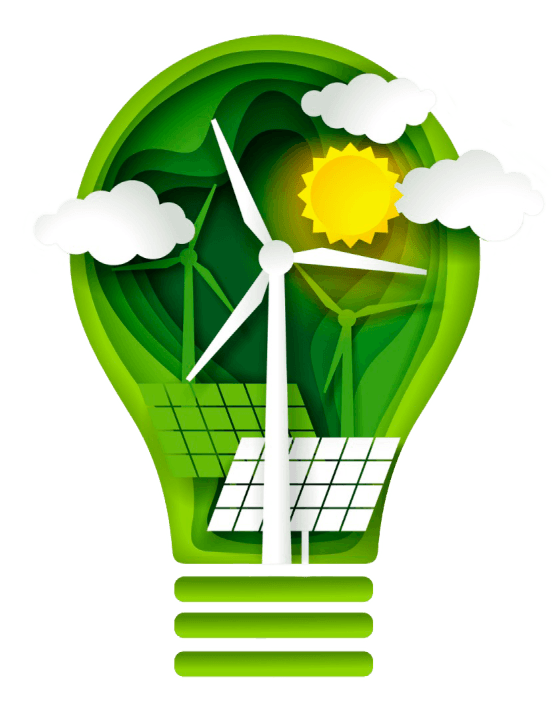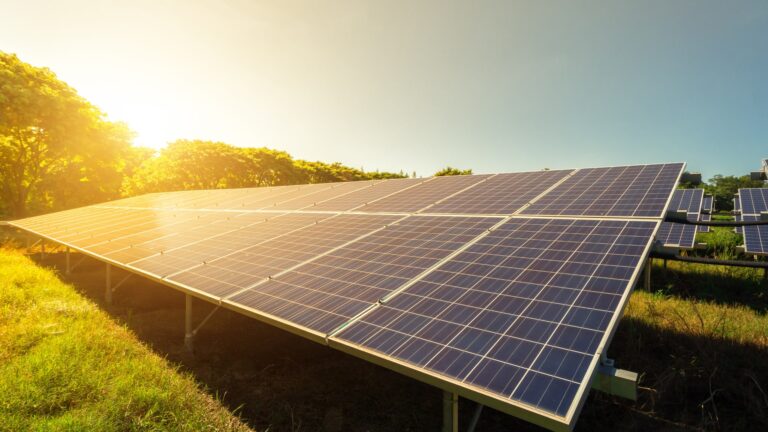How photovoltaics works
In order to use the free energy, a properly sized photovoltaic installation must be installed on the roof or ground.
Companies can use the generated energy in two ways.
The first is to use the energy for their own needs.
The second is to sell the surplus to the power grid.
In general, companies use two options while saving and earning at the same time.
The way a photovoltaic system works is relatively logical and easy to understand.
The cells that make up a photovoltaic panel are subjected to solar energy, resulting in direct current. To change the current from direct current to alternating current (the same as from the public grid), an inverter must be used.

Cost-effectiveness of photovoltaics for companies
With the current continuous increase in the price of energy, more and more people are considering the use of photovoltaics at their home or business. The topic of PV panels fits in tredny because of the ecology, which we increasingly pay attention to, but also allows us to reduce our electricity bills.
There are three determinants that indicate that photovoltaic installation is profitable, namely:
- energy prices are steadily increasing
- photovoltaic installation prices are decreasing
- the legal situation for companies setting up installations is constantly polapsza.
On the Internet there is a mass of extreme atrykuły regarding the profitability of photovoltaics, reading all of this you should pay attention to the dates of their posting because just a few years ago in Poland photovoltaics was something new by which prices were very high. At that time one could actually discuss the profitability of photovoltaic installation.
At this moment, when prices of components have gone down very much and energy from the grid is still growing, we can say for sure that a properly selected installation is as profitable as possible.

Leasing
A very favorable and often chosen by entrepreneurs solution for financing a photovoltaic installation is leasing. Leasing is a relatively cheap solution, its cost is only a few percent per year.
It can be said that leasing practically pays for itself – the savings from self-generated energy porafi cover the lease installment. The biggest advantage is that you don’t have to involve your own funds in the purchase of a photovoltaic installation, and the lease can be included in the costs of your business. This leads to a reduction in income tax.
Subsidies for companies - is it possible?
Funding for photovoltaic installation is mainly possible thanks to Regional Operational Programs. Each province separately introduces its own program on renewable energy sources. It is also possible to take advantage of the Operational Program Infrastructure and Environment, which is run by NOŚiGW.
Subsidies in the case of companies are becoming easier to obtain every year, a few years ago there was a very big problem with this, while at the moment more and more companies are deciding to take advantage of renewable energy programs.
An entrepreneur can become a prosumer
As the WiseEuropa institute points out, private electricity companies in Poland have played a huge role as prosumers in the renewable energy market and built 81% of all renewable energy capacity in 2013-19. A huge share of the low-carbon technology financing project comes from Polish private companies and commercial banks, the ratio is about 83% of the total capital allocated to renewable energy.
In turn, the Institute of Renewable Energy assumes that small and medium-sized entrepreneurs in Poland will pay more and more for energy, so According to the July 2019 amendment to the Law on Renewable Energy Sources, an end user who generates energy only from renewable sources for own consumption and up to 50 kW, Will henceforth be called a prosumer. This is a move that is very beneficial for the Polish economy, as until now we have been paying much more for electricity than EU member states, which affected the lack of competitiveness of our industry in relation to other European countries. At this point, the opportunity to act as a business prosumer and level the cost of electricity production to a minimum is very significant.


The difference between a household and an entrepreneur
The main difference between a household and an entrepreneur is also that a business person is, as a prosumer, the most efficient. If we have a business where machines are running all day, such energy is 100% used on a regular basis, and we do not give the excess energy to the grid. We also need to think about the size of the installation, because up to 10 kW the energy return factor from the utility is 80% and above that it is already 70%.
We need to think carefully about how much energy we will use for current consumption and how much we will give back to the grid, in order to be sure that in the months when energy from photovoltaic panels will not be produced at all or the yield will be negligible, the overproduction will allow us to cover consumption in those months.
Until now, the entrepreneur could only sell surplus energy, and not necessarily at prices attractive to him, but now, operating on a producer basis, he has a significant increase in the benefits of recovering his own yield from the Energy Company, which is a huge advantage for him.
The government’s “Energia +” program mentioned in the above section of the article has made it possible to reduce the carbon intensity of Poland’s energy sector without damaging the economy. At the same time, it is a very strong impulse for the development of renewable energy in the country.
It is estimated that thanks to this program about 28,000 micro-installations have been built in Poland. Poland ranks 4th in the EU in terms of annual increases in photovoltaic capacity.
